7th International Conference on Kurdish Linguistics (ICKL-7)
Voices, Variation, and Vitality in Kurdish Linguistics
The 7th International Conference on Kurdish Linguistics (ICKL-7) was held on 28–29 August 2025 at the University of Bamberg, hosted by the Section of General Linguistics. The conference, locally organized by Laurentia Schreiber and Mahîr Dogan with support from the ICKL committee, continued the tradition of ICKL as a biennial forum for the empirical and theoretical study of Kurdish and its linguistic surroundings.
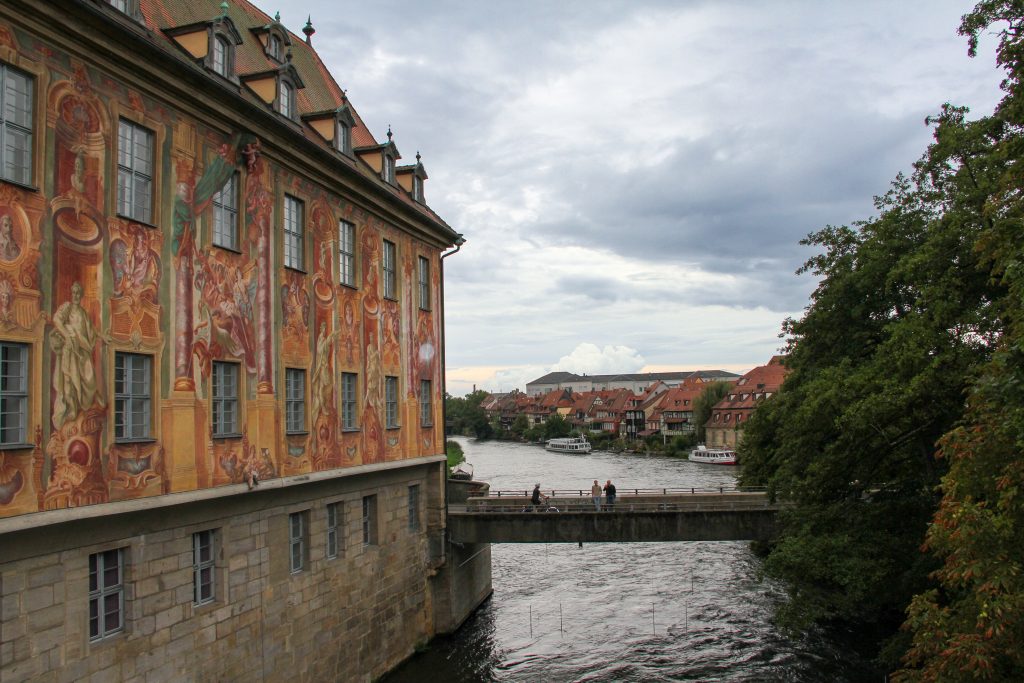
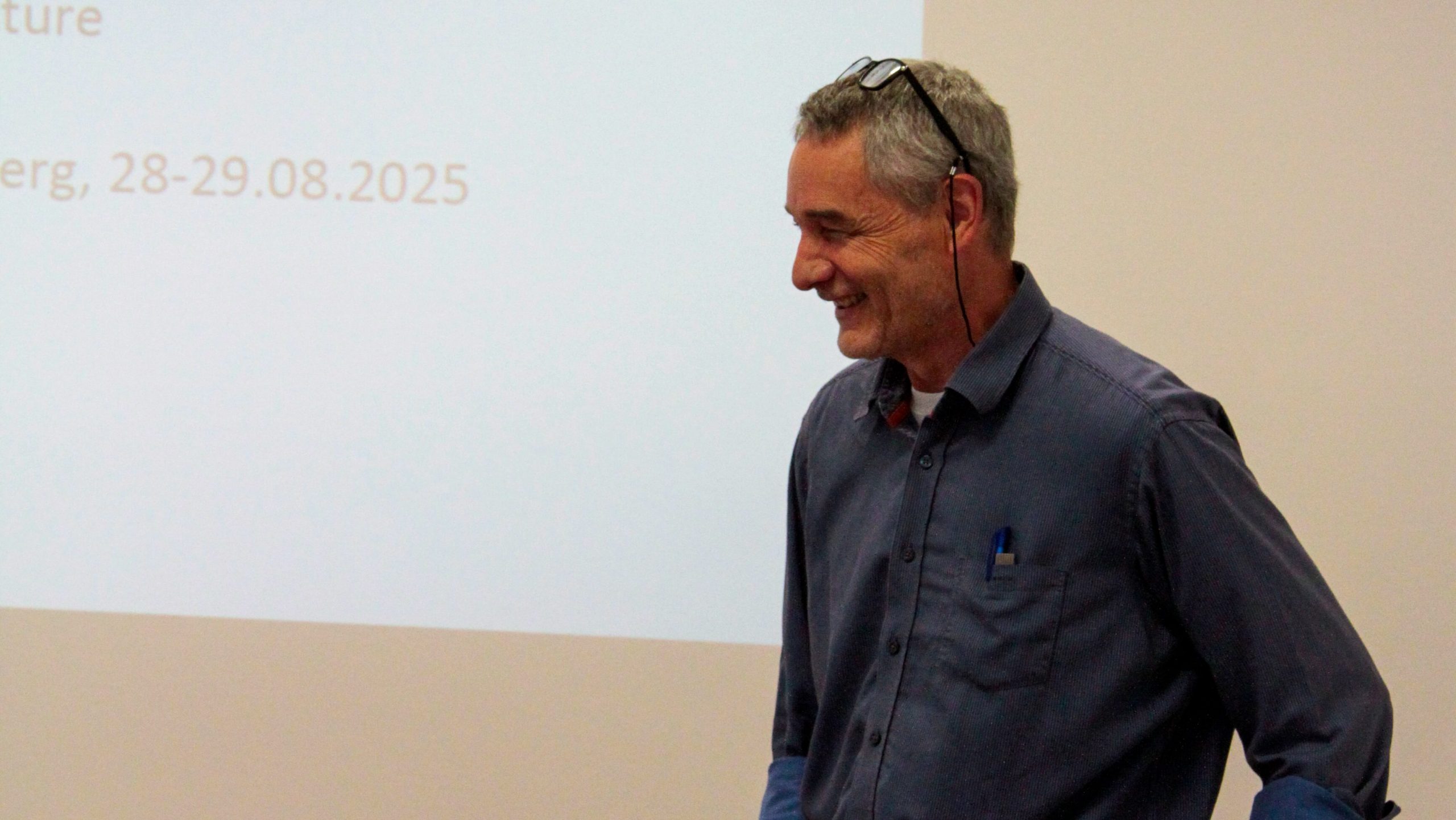
This year’s meeting was truly international, with participants joining from Europe, the Middle East, North America, and China, illustrating the global scope that Kurdish linguistics has developed over the years.
Honoring a Founding Voice
It was especially meaningful that ICKL-7 returned to Bamberg, where Prof. Geoffrey Haig initiated the very first meeting twelve years ago. On the occasion of his retirement, this year’s conference was held in part as a tribute to his pioneering work and long-standing commitment to the field.
From Classroom Voices to Case Marking
The program brought together a wide range of papers and posters on phonology, morphosyntax, sociolinguistics, language contact, and corpus research, with two keynote lectures that addressed key issues from different angles:
Prof. Katharina Brizić (University of Freiburg) explored the role of “voice” in multilingual educational settings, showing how Êzîdî children from marginalized language backgrounds navigate between silence, rebellion, and balanced expression. Her talk, Kurdish for All: Some Recent Developments in the Area of Education, Multilingualism & Voice, shed light on institutional dynamics that often stifle linguistic diversity, and called for pedagogical practices that make room for polyphony, including Kurdish.
Prof. Geoffrey Haig (University of Bamberg) revisited the problem of Differential Object Marking (DOM) in Kurdish. Building on cross-linguistic theory, his lecture mapped out the complex interplay of inherited case markers, alignment systems, and pragmatic conditioning in Iranian and Kurdish languages. His presentation underscored the remarkable variation in object marking across Kurdish varieties and called for detailed, usage-based studies to disentangle the roles of alignment, dialect, and speaker background in shaping DOM.
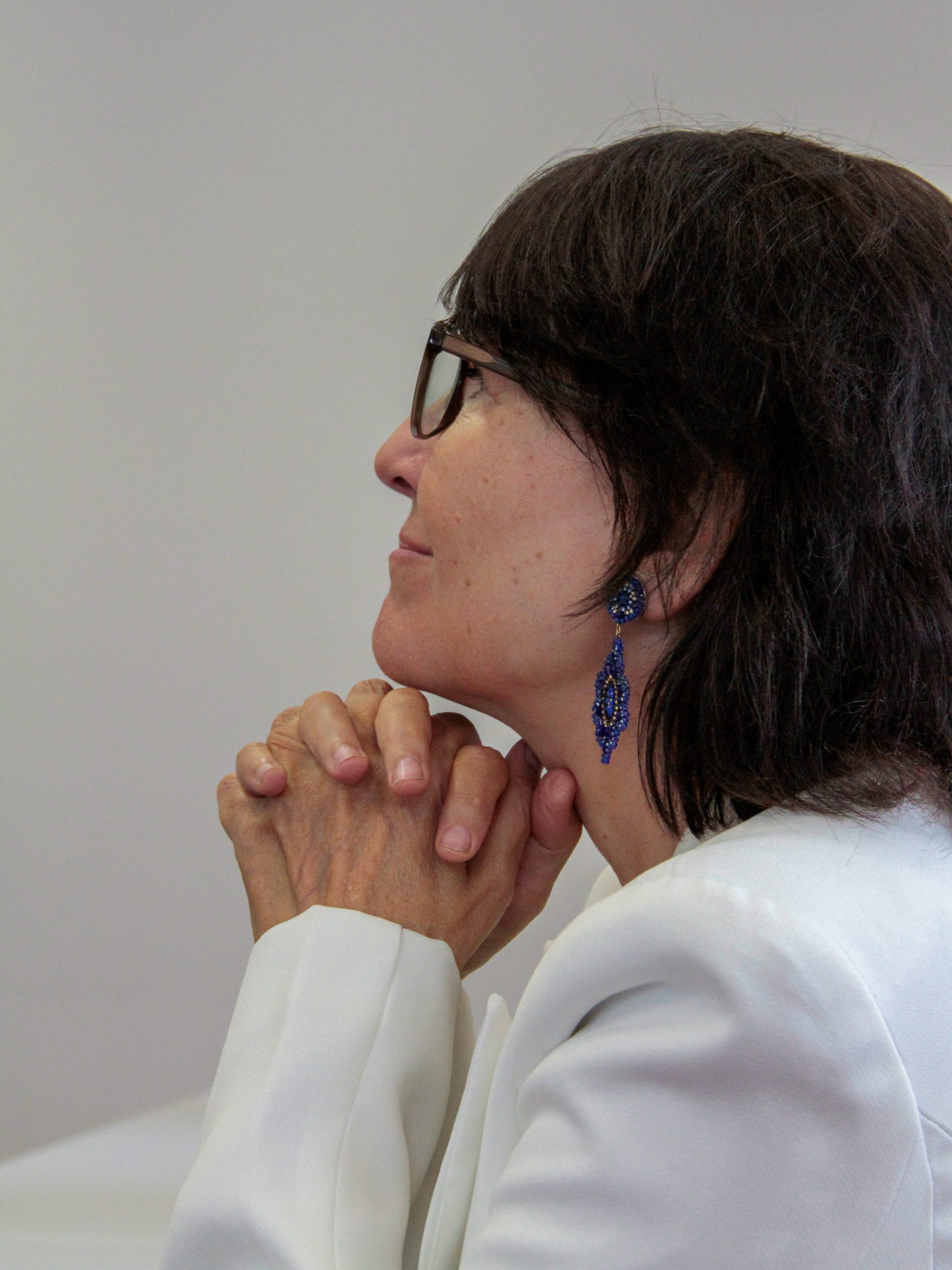
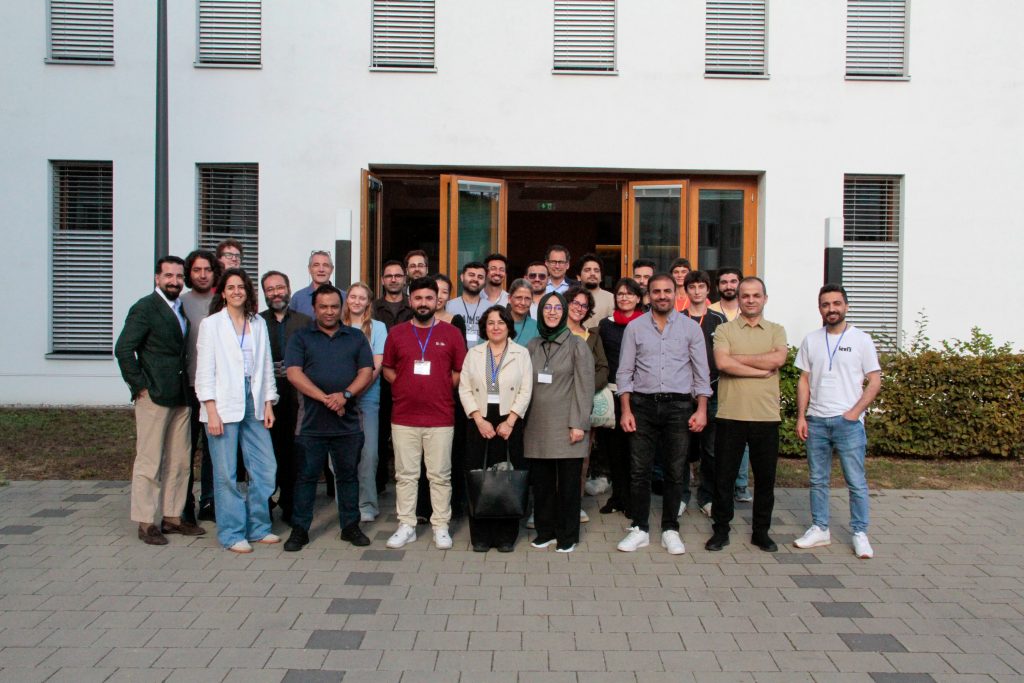
A Community Moving Forward
Beyond the papers themselves, the conference was shaped by lively discussion in breaks and social settings. A workshop and the concluding roundtable offered further opportunities for exchange, drawing attention to pressing needs in the field and pointing toward future directions.
We warmly thank all presenters and participants for making ICKL-7 such a memorable event. We look forward to continuing the conversation at the next ICKL in two years.
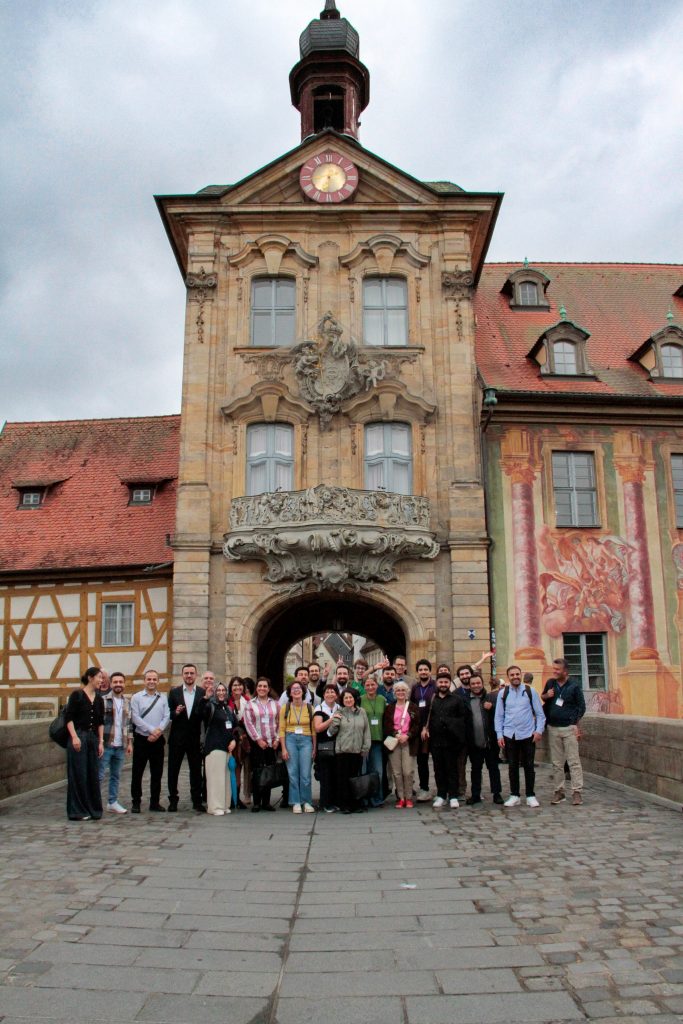
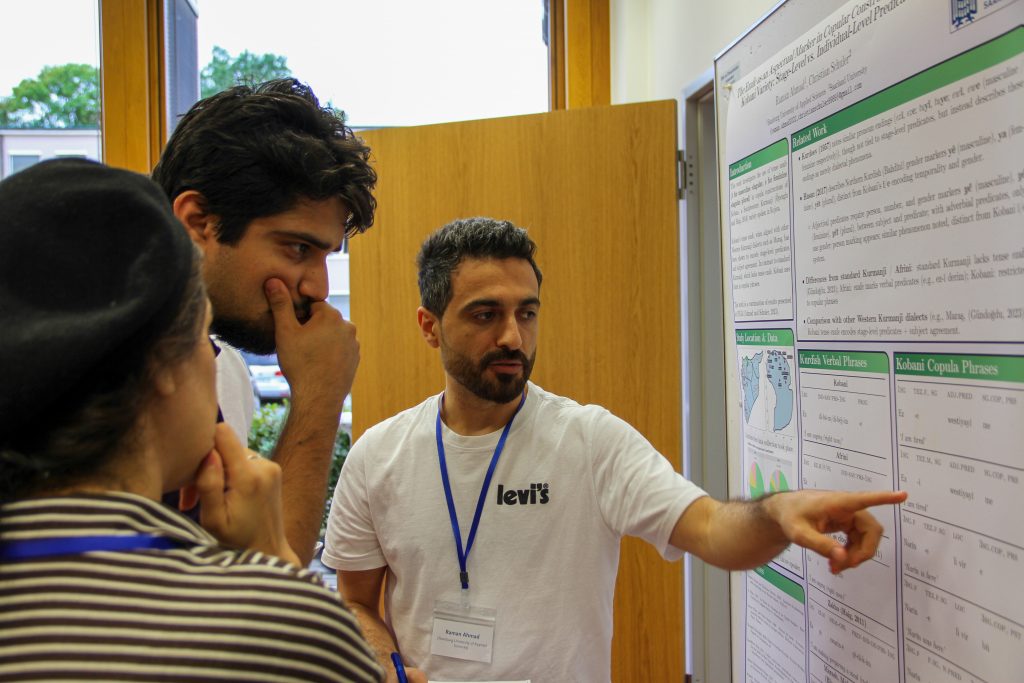
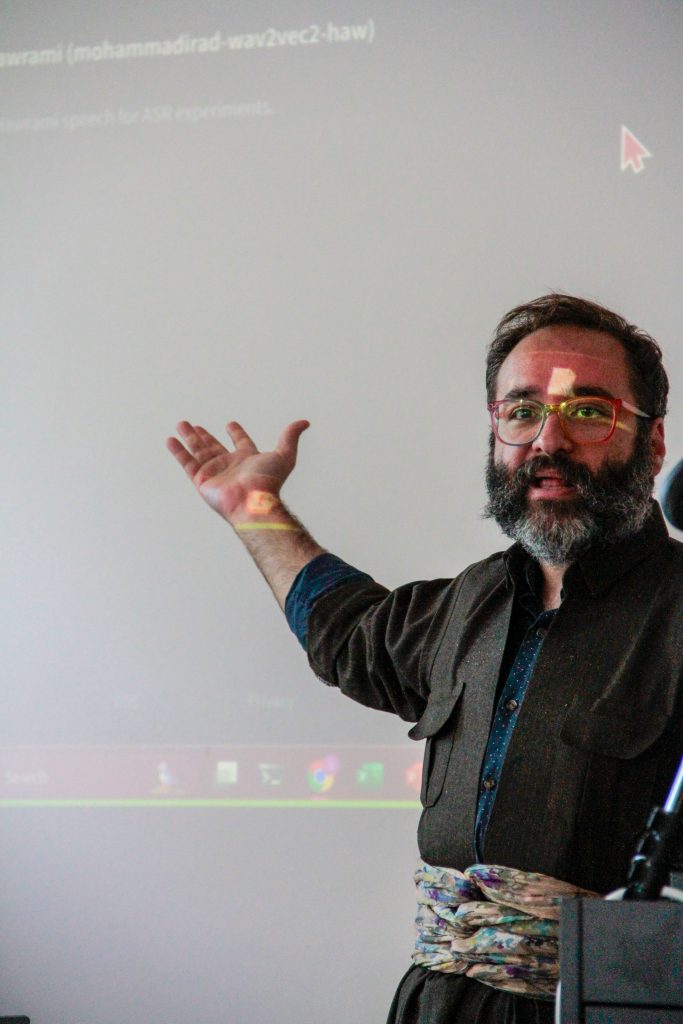
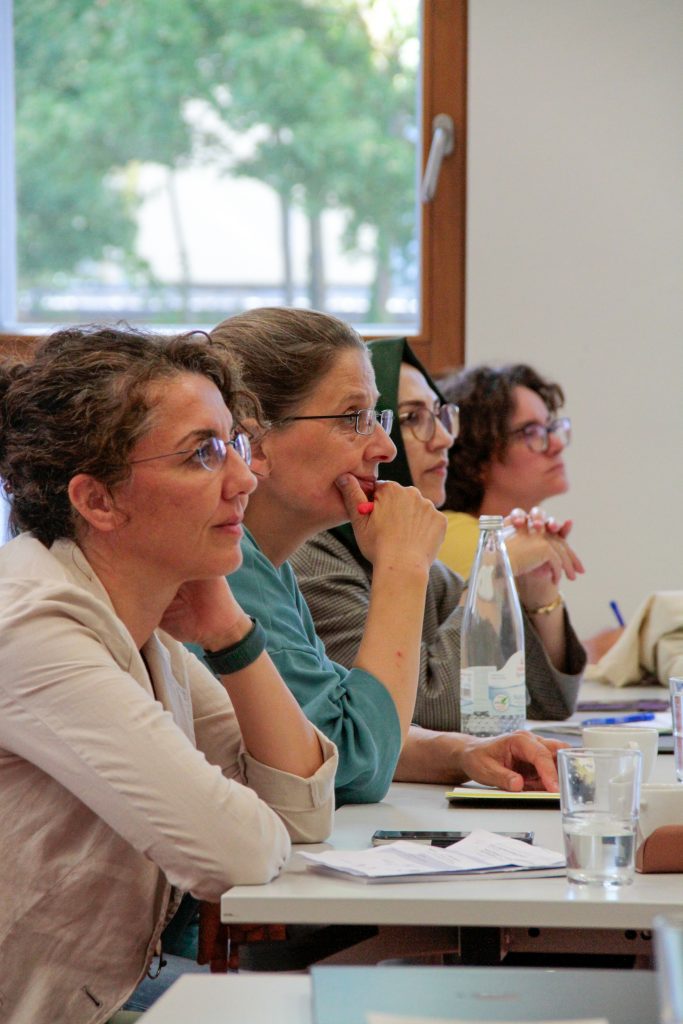
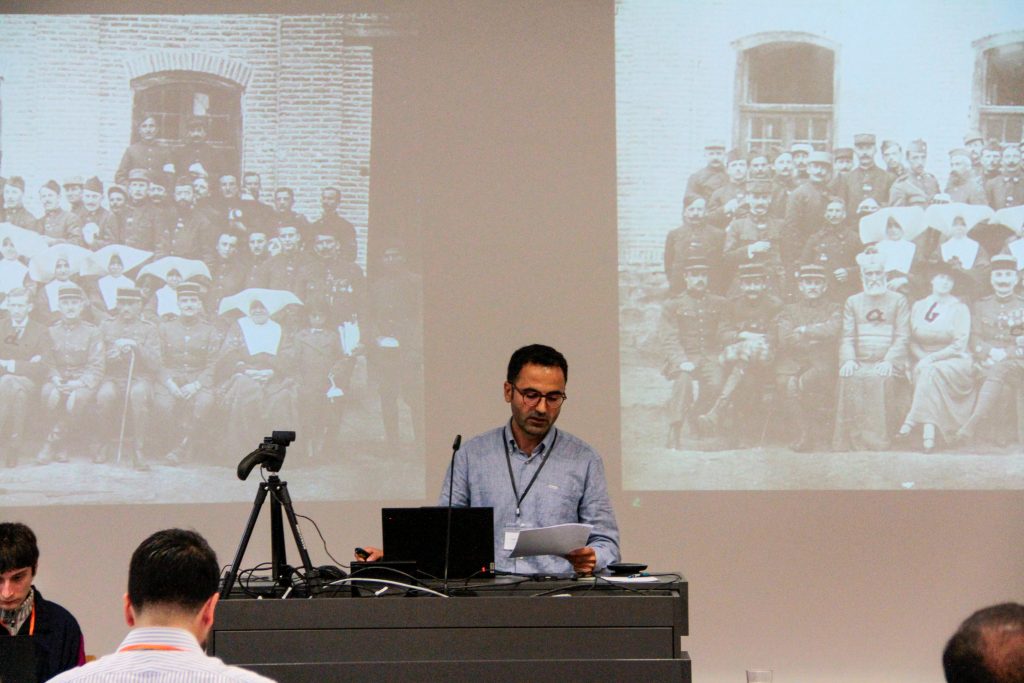
Pictures taken by Şîlan Beyazdaş
